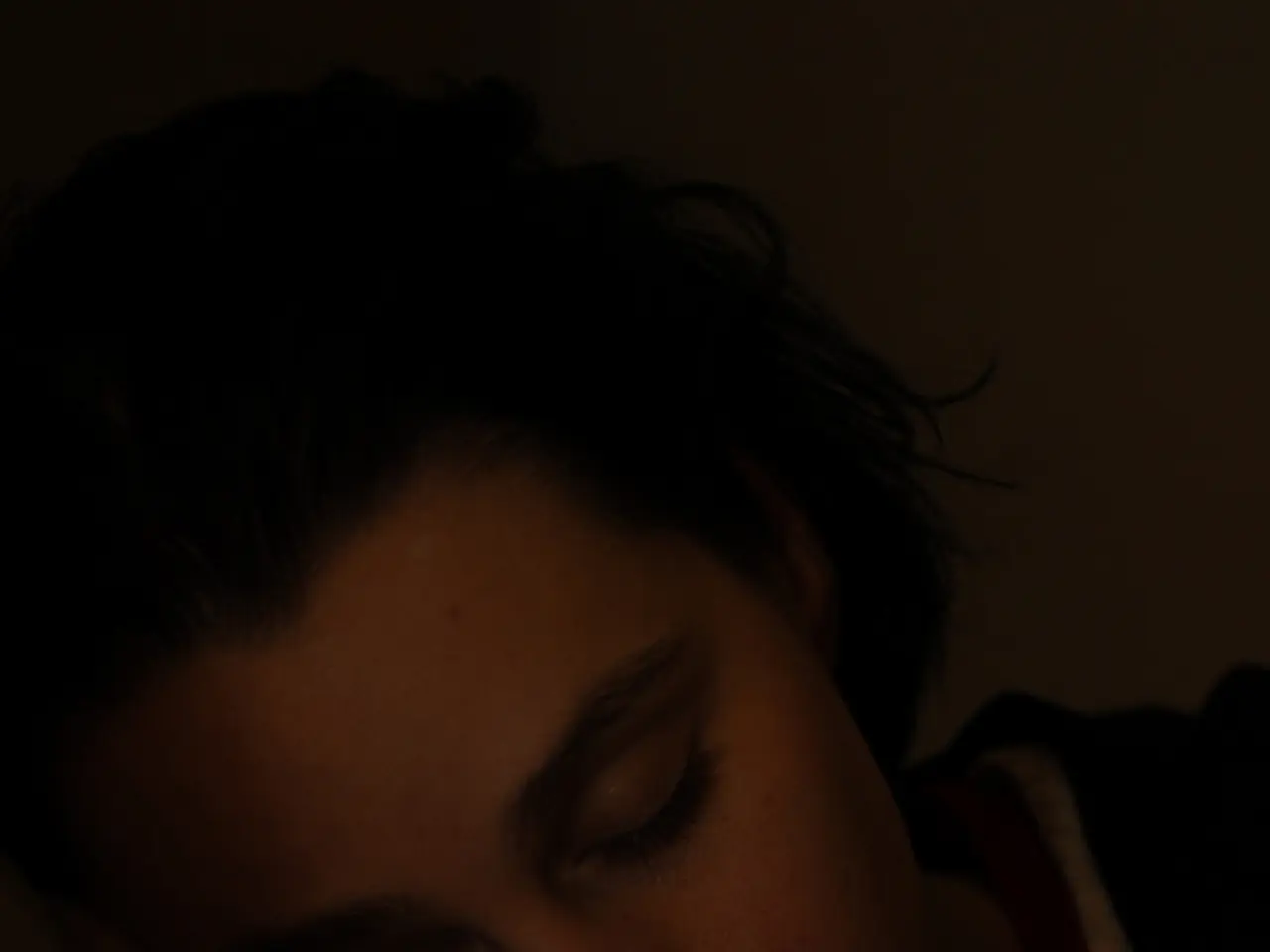Sleep Deprivation's Severe Impact: From Day 1 to Psychosis
Sleep deprivation, the condition of not getting enough rest, can have severe consequences. After just 24 hours without sleep, individuals may start to feel tired and experience reduced alertness. This can lead to increased risks of errors and accidents. The effects worsen over time, with prolonged wakefulness leading to more severe symptoms.
After 36 hours, the urge to sleep becomes overwhelming, accompanied by increased appetite, extreme fatigue, and microsleeps - brief moments of unintended sleep. Hallucinations may also start to occur. At 48 hours, individuals might experience depersonalization, anxiety, and perceptual distortions, along with increased irritability and temporal disorientation.
By 72 hours, the urge to sleep may become uncontrollable, with more frequent and longer microsleeps. Complex hallucinations, delusions, and disordered thinking can set in. After 96 hours or more, perception of reality may be severely distorted, resembling acute psychosis. It's important to note that the exact stages of sleep deprivation are not standardized, but symptoms typically progress through stages of impairment, cognitive decline, emotional instability, increased microsleeps and hallucinations, leading to severe physiological and psychological impairment.
Sleep deprivation can occur after just 24 hours of no sleep and its effects can be severe and potentially fatal if left untreated. It can take days or weeks to recover, with even a day of total sleep loss requiring about 16 hours of recovery rest. Maintaining healthy sleep hygiene, including a consistent sleep schedule, avoiding large meals and alcohol before bedtime, regular exercise, and creating a relaxing sleep environment, is crucial to prevent sleep deprivation.
Read also:
- Capella Nursing Students Gear Up for Crucial FPX 4050 Assessments
- Comprehensive Overview of Addressing Traumatic Brain Injuries (TBIs)
- Enhanced Health Services Provisioned by San Diego Academic Health Partnership Continues During COVID-19 and Beyond
- Vaccination drive targeting infants under 6 months old against bronchiolitis in the region of Andalucia






